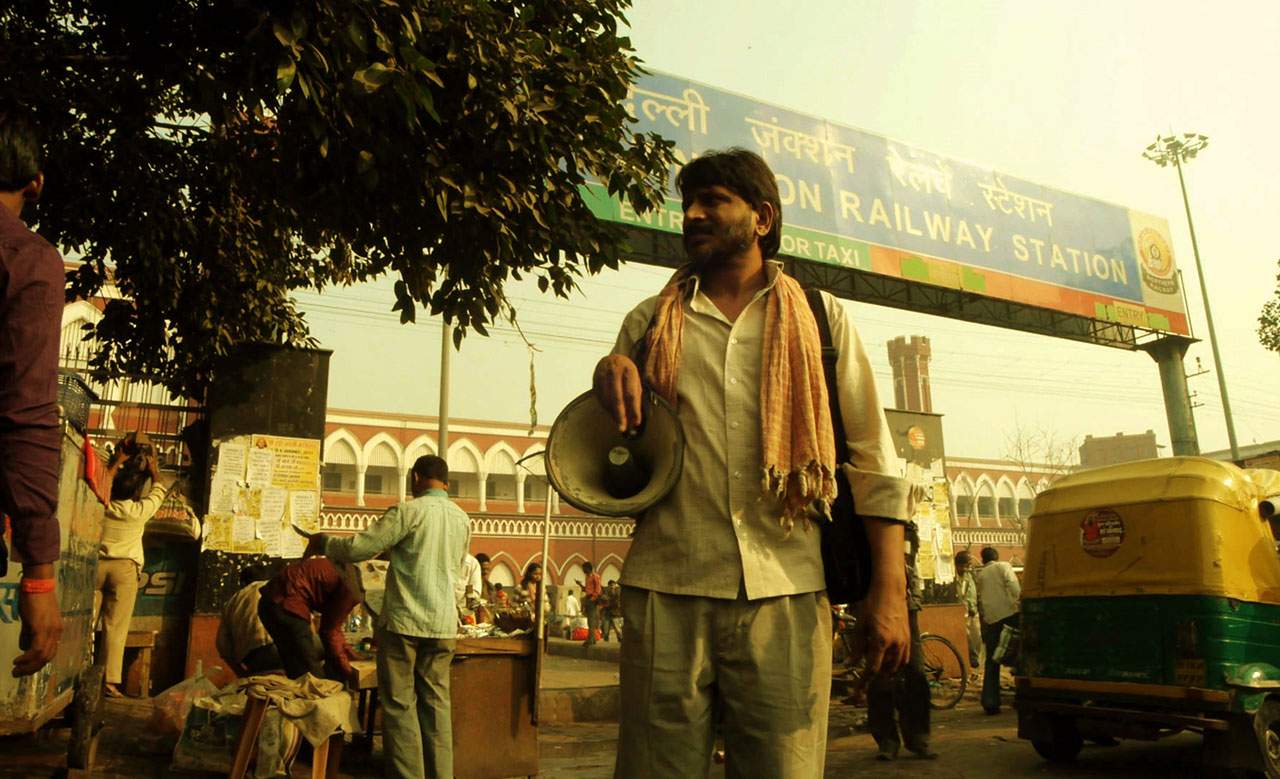Siddharth
How do you find a single missing person in a country of over a billion?
Overview
How do you find a single missing person in a country of over a billion? That's the terrifying dilemma faced by a desperate father, after his 12-year-old son goes missing. A sobering portrait of a pandemic concern in poverty-affected India, Richie Mehta's film works thanks to his unexaggerated approach to the subject matter. There's not a hint of melodrama here, and the tale is all the more compelling for it. For a film set half a world away, Siddharth hits very close to home.
The film takes its title from the name of the missing boy, who in the opening scene we see being loaded onto a bus by his father, Mahendra (Rajesh Tailang). Siddharth is on his way to Ludhiana, hundreds of kilometres away, where he's due to start work in a trolley factory. Child labour is illegal in India, but commonplace nevertheless. And for the family of four, no longer able to survive on Mahendra's meagre wages as a street corner zipper repairman, the second source of income will be crucial.
When Siddharth fails to return to Delhi for the Diwali festival a month later, the assumption is that he simply couldn't secure passage home. But as time passes without any word, Mahendra and his wife, Suman (Tannishtha Chatterjee), grow increasingly concerned. When they finally call the owner of the factory, he tells them that the boy ran away more than a fortnight ago. Unable to believe Siddharth wouldn't simply return home, the fear then becomes that he has been kidnapped.
Based on a first person anecdote Mehta — a Canadian filmmaker of Indian descent — heard while travelling in Delhi, the story examines multiple social issues facing India. Recent statistics show that nearly 40,000 children disappear in the country each year, many of them sold into slavery or prostitution or forced out onto the streets to beg. Indeed, the problem is so endemic, so normalised, that at one point someone suggests that Mahendra simply have another child. Such callous pragmatism extends to the police force and child protection agencies, overworked and undermanned as they are.
But so too does it extend to Mahendra himself, who is soon confronted with the financial cost of continuing the search for his son. It costs him a month's savings just to pay for a train ticket to Mumbai. Suman blames him for sending Siddharth away, and it's easy to agree with her. But then again, did he even have a choice? The grim economic reality of the family's situation is the stark spotlight under which Mehta's film unfolds, and ultimately makes it that much more confronting.
https://youtube.com/watch?v=wNMDwpMrxmQ





